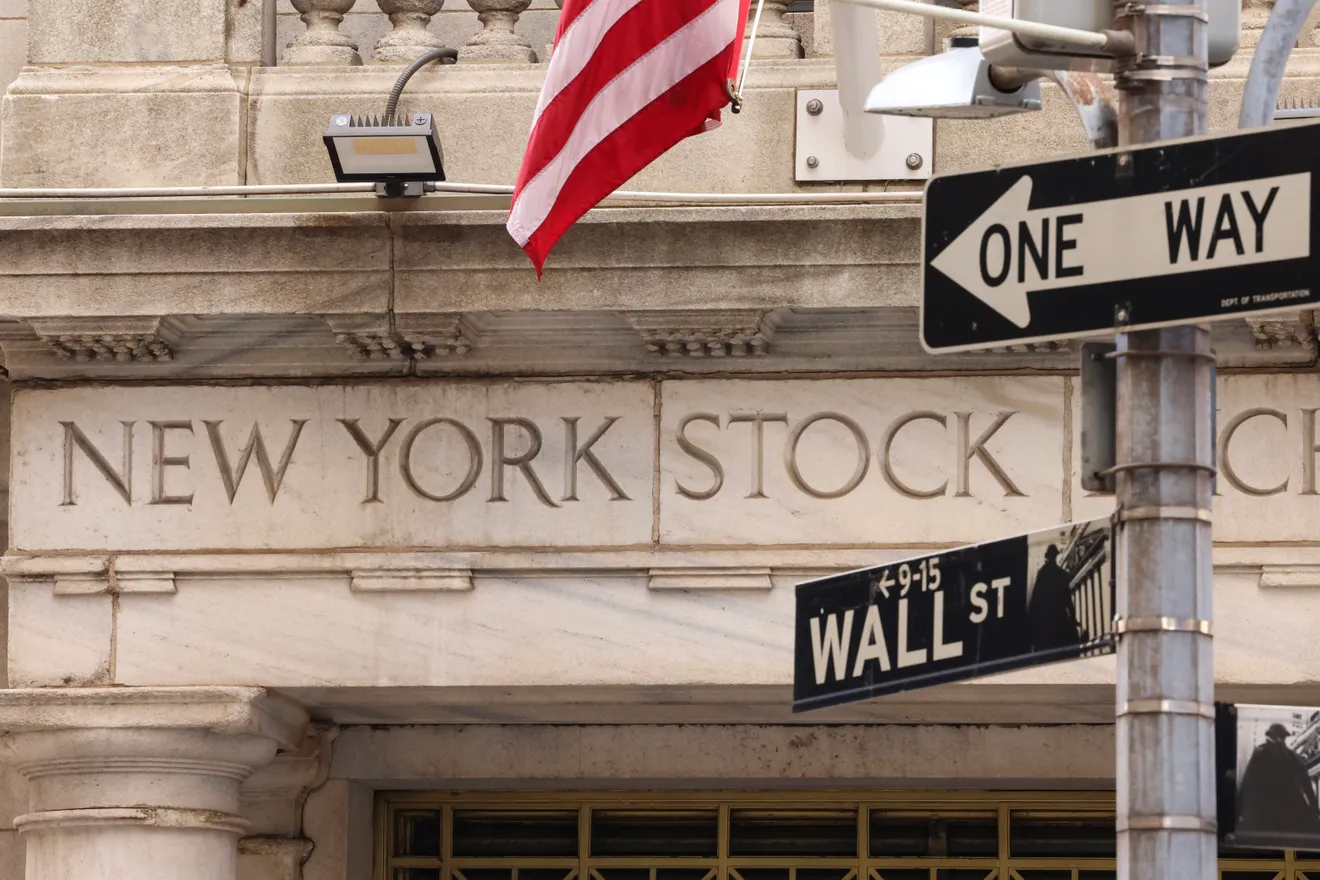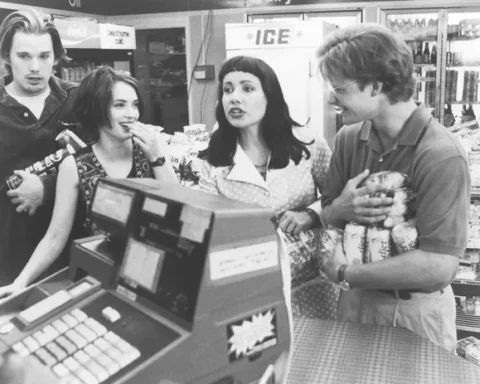Retirement accounts took a significant hit on Monday amid a global market selloff. The S&P 500 closed down 3%, the tech-heavy Nasdaq composite dropped 3.4%, and the Dow Jones Industrial Average fell 2.6%. This marked the most substantial daily drop for the S&P and Dow since September 2022. While some investors may worry about their 401(k), experts suggest that the best approach is to ignore the selloff and continue investing.
Why Did the Stock Market Plunge?
Monday’s selloff followed the disappointing July jobs report released on Friday, which stoked recession fears. U.S. hiring slowed as employers added only 114,000 jobs, a steep decline from the 175,000 jobs economists estimated. Meanwhile, the unemployment rate rose to 4.3%, the highest since October 2021, up from 4.1% in June.
The jobs report triggered the Sahm rule, indicating that the nation is likely in a recession if the three-month average unemployment rises by at least a half percentage point over the past 12 months. Claudia Sahm, the former Federal Reserve economist behind the rule, told Bloomberg Television, “We’re getting uncomfortably close to that situation.” However, she believes the country is not yet in a recession. Scott Wren, senior global market strategist at Wells Fargo, added that while recent economic indicators raise the risk of a recession, the odds of entering one within the next 12 months remain low.
Impact on the S&P 500 and Dow Jones
The S&P 500 closed at a record 5,667.20 on July 16 but has since fallen more than 8%. Similarly, the Dow has dropped over 6% since its record close of 41,198.08 on July 17.
What Should You Do About Your 401(k)?
Experts advise continuing to invest despite the temptation to halt investments or withdraw money when prices fall. Kristina Hooper, chief global market strategist at Invesco, recommended, “Hold tight. Most investors have a long-term horizon. It’s not measured in months. And so while it’s hard to do, putting on blinders is perhaps the best single decision investors can make for their portfolios.”
Sam Stovall, chief investment strategist at CFRA Research, echoed this sentiment, advising against stopping contributions. “You definitely would not want to stop adding money,” he said.
Viewing the Market Dip as an Opportunity
For those eager to take action, Scott Wren of Wells Fargo suggested increasing investments while prices are low. “This is an opportunity,” he stated. “If anything, you should boost the percentage you’re putting in when the market is down because over time – two, three, five-plus years – it’s very likely to work out.”
Ryan Detrick, chief market strategist at Carson Group, acknowledged that these periods are challenging for investors but emphasized their importance. “These periods are never fun,” Detrick said, “but they are part of the process.” He noted that a market drop of at least 10% from a recent high – known as a correction – happens about once a year. “For longer-term investors, times like these help you reach your goals. Buying when things go on sale is always a good strategy, even if it is the wrong thing to do now.”
In market volatility, staying the course and keeping a long-term perspective is crucial. While the recent market plunge and recession fears can be unsettling, maintaining consistent investment habits and viewing market dips as opportunities can help investors achieve their long-term financial goals. As Kristina Hooper advised, “putting on blinders” and continuing to invest might be the best approach to safeguard your portfolio.







